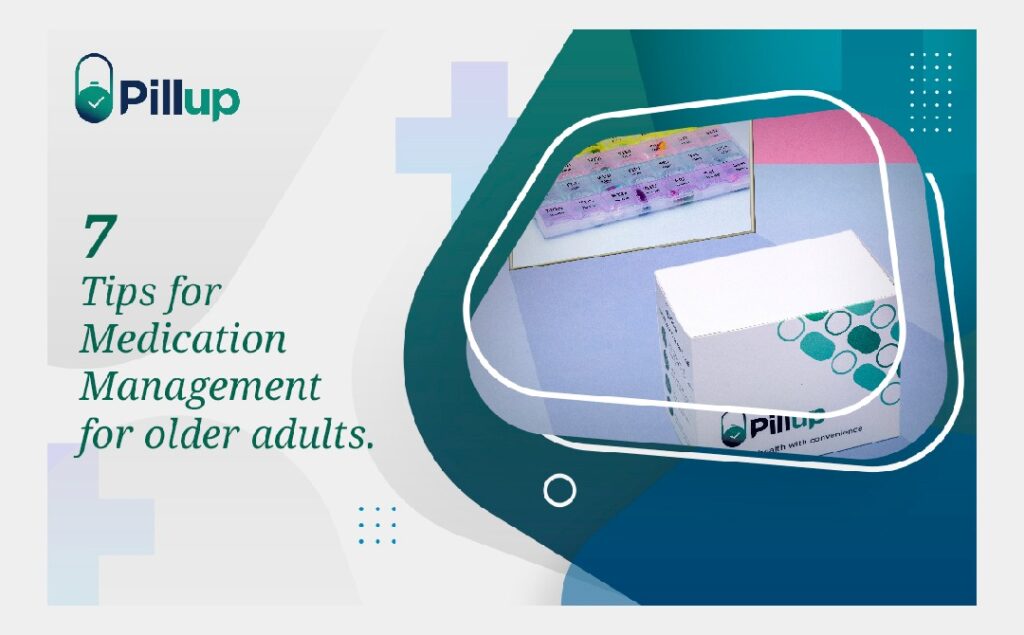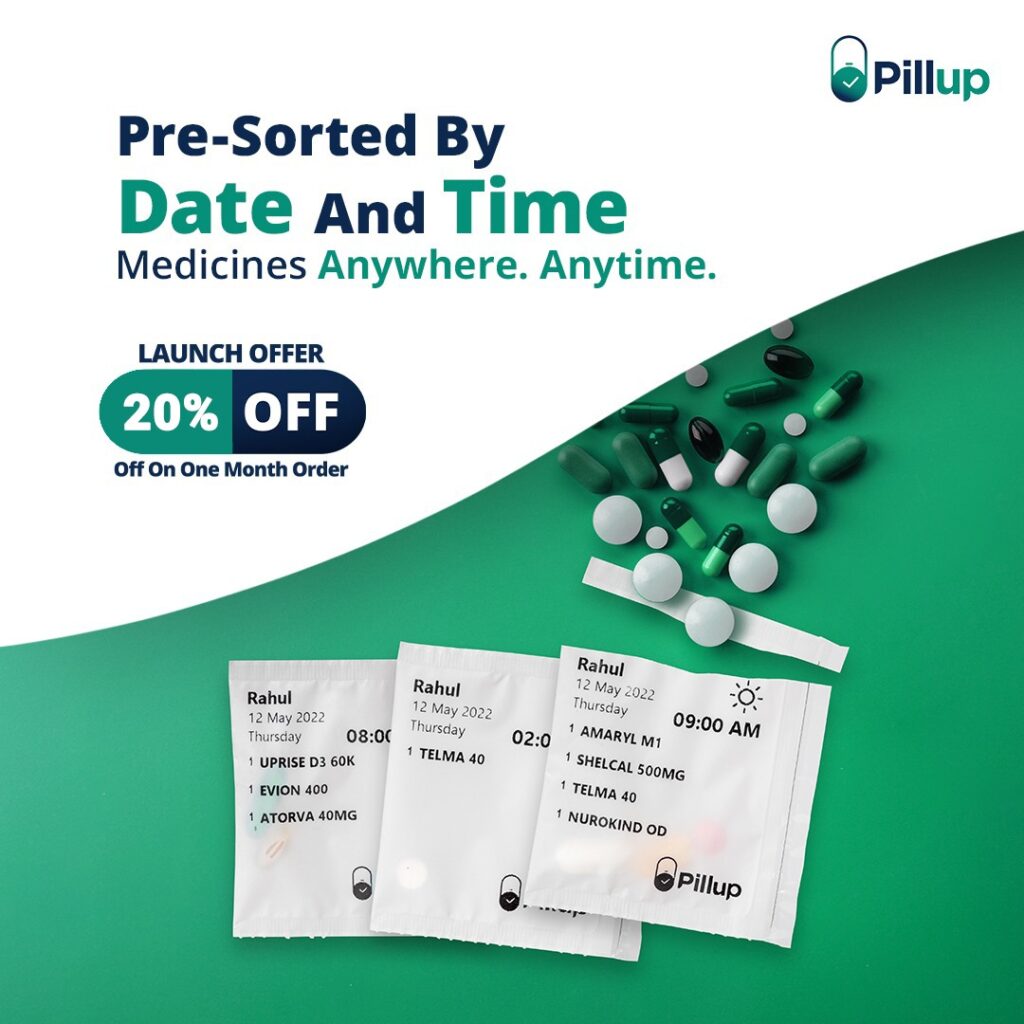With time everyone’s body becomes weak and less capable of performing its functions. This is a natural part of aging. As we age, our bodies don’t work as well as they used to. We can’t see or hear as well.
We may have trouble remembering things and thinking as clearly as we once did. These changes can make it hard to do the things we enjoy and manage in our daily lives. The sad reality is that people start thinking that the problems are because of their age and they don’t even consider the possibility that they might have an underlying health condition.
One of the most challenging aspects of aging is dealing with chronic health conditions. According to the Centers for Disease Control and Prevention (CDC), about 85% of older adults have at least one chronic health condition, and 60% have two or more.
Medication management is a critical part of chronic disease management and in this article, we will learn about every aspect of medication management for older adults and we will also tell you the most effective way of managing medication.
How Older Adults Can Manage Their Medications?
Aging comes with many challenges, one of which is having to take more medication than ever before. Managing all of these medications can be overwhelming, but it’s important to do so to avoid any negative drug interactions. Before we dive in and give you some tips on how to manage your medications, let’s first understand what exactly is medication management.
What is Medication Management?
Medication management is a process of working with your health care team to make sure that you are taking the right medications, at the right doses, and at the right times. It also involves monitoring your response to the medications and making sure that they are safe and effective for you.
Tips For Medication Management for Older Adults
Now that we know what medication management is, let’s move on and learn about the tips for medication management for older adults.
1. Put a pharmacist in charge
Putting a pharmacist in charge of a medication management initiative can help to ensure that policies and procedures follow best practice guidelines. Their training makes them uniquely qualified to provide in-depth, medication-related education, consultation, and advice to patients, family members, and/or caregivers.
When integrated into the care team through the medication management process, pharmacists collaborate with physicians and other health care providers to optimize drug therapy and improve patient outcomes. This will also free up some of the physician’s time. Putting a pharmacist in charge will give you or your loved one the best chance for having a well-run medication management system.
2. Get an annual review
One of the most important things you can do to manage your medications is to get an annual review with your doctor and/or physician. This is the perfect time to go over all of the medications you are taking and make sure that they are still the best option for you.
This is also a good time to ask any questions you may have about your medications, and to make sure you understand how to take them correctly. Doing this every year will help to ensure that you are always on the best medication plan possible.
3. Educate patients about the most common medication mistakes
Senior citizens are more likely to make medication mistakes than any other age group. The most common mistakes include taking the wrong medication, taking the wrong dose, or skipping a dose. It’s important to educate older adults about these risks and how to avoid them. One way to do this is by providing educational materials, such as an easy-to-read medication chart.
This will help them to keep track of their medications and ensure they are taking them correctly. You can also try teaching them to use a pillbox, which can help to organize their medications and make it easier to keep track of them.
As parents grow older, children often become their caregivers. If this is the case, it’s important to have a conversation with them about their medications and make sure they understand how to properly manage them. It’s possible that you might not be available all the time, so it’s critical that they understand how to manage their medications independently.
4. Use technology
There are many different types of technology that can be used to help with medication management. One example is a medication reminder system, which can be used to remind patients when it’s time to take their medication. This can be especially helpful for those who take multiple medications or have a complicated medication schedule.
There are also many apps that can be used to manage medications, and some of these even allow patients to share their information with their doctor or pharmacist.
5. Set up a system
One of the best ways to manage medications is to set up a system that works for you or your loved one. This may involve using a weekly pillbox, setting up reminders, or keeping a list of all the medications that are being taken. It’s important to find a system that works well and stick to it.
This will help to ensure that all medications are being taken as prescribed and will make it easier to spot any problems that may arise. It’s important to involve your doctor or pharmacist in setting up this system to make sure it’s effective and safe.
6. Make sure all medications are labeled correctly
It’s important to make sure that all medications are labeled correctly. This includes the name of the medication, the dosage, and the instructions for taking it. This information should be clearly visible on the label, and it’s important to double-check it before taking any medication. If you’re unsure about anything on the label, be sure to ask your doctor or pharmacist.
7. Use Pillup
Pillup is a health tech firm that can do all the things mentioned above for you. We offer a medication management system that is tailored to each individual’s needs. We provide medicine in labeled packets that are pre-sorted according to the time of day they should be taken.
With our system, you will never have to worry about taking the wrong medication or dose again. We also offer a mobile app that allows you to receive reminders and track your medication usage. You’ll never have to worry about forgetting to take your medication again. We deliver your medication straight to your door, and we even offer free packaging. Contact us today to learn more about our services!
Also Read – What Is Presorted Medications & How It’ll Make Your Life Easy?



